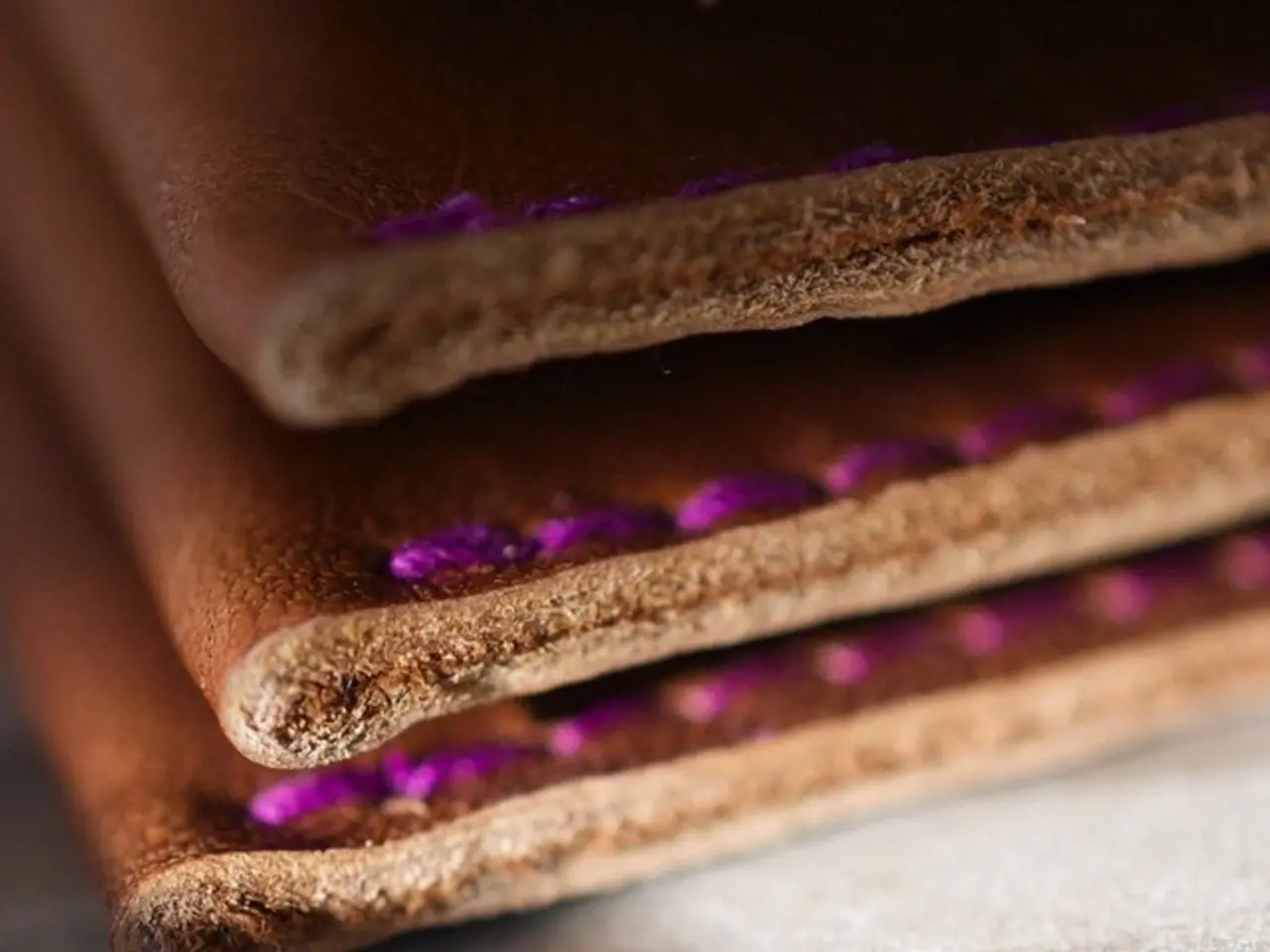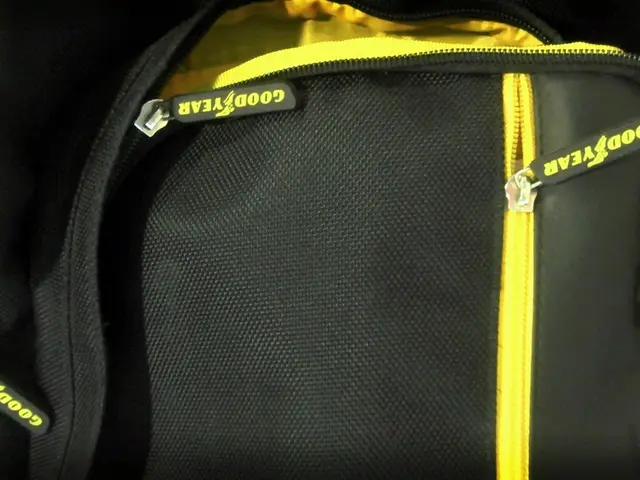Leather's Sustainable Side: Bridge of Weir & Polestar Lead the Way
Leather, often perceived as an environmental concern, is actually a by-product of the meat industry. Bridge of Weir, a leading leather manufacturer, is challenging these misconceptions through conscious processing and open-book policies. Meanwhile, carmaker Polestar offers customers sustainable material choices, including leather from Bridge of Weir.
Bridge of Weir, based in Scotland, uses locally sourced materials and water from a nearby loch in its production process. It also harnesses energy from a thermal plant, demonstrating a commitment to sustainability. The company's open-book policy welcomes visitors to observe its manufacturing process, fostering transparency.
Life Cycle Assessments (LCAs) can help compare manufacturers in terms of sustainability and durability. Bridge of Weir embraces this, aiming to debunk myths surrounding leather's environmental impact. The company produces some of the world's finest leather to exacting standards, combining luxury with sustainability.
Polestar, known for its electric vehicles, offers customers a choice of sustainable materials for their Polestar 3 upholstery. This includes traceable, chrome-free, and animal welfare-secured Nappa leather from Bridge of Weir. Other options are bio-attributed MicroTech vinyl or animal welfare-certified wool.
Innovation in sustainable materials is also driving change. The biotech startup Revoltech has developed LOVR, a vegan, fully recyclable leather alternative. This patented process creates a truly circular leather replacement, combining scalability and 100% compostability.
Bridge of Weir, through conscious processing and open-book policies, is redefining leather's role in sustainability. Its partnership with Polestar offers customers sustainable material choices. Meanwhile, innovations like LOVR from Revoltech provide further alternatives, demonstrating a future where luxury and sustainability coexist.







